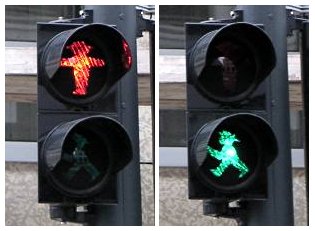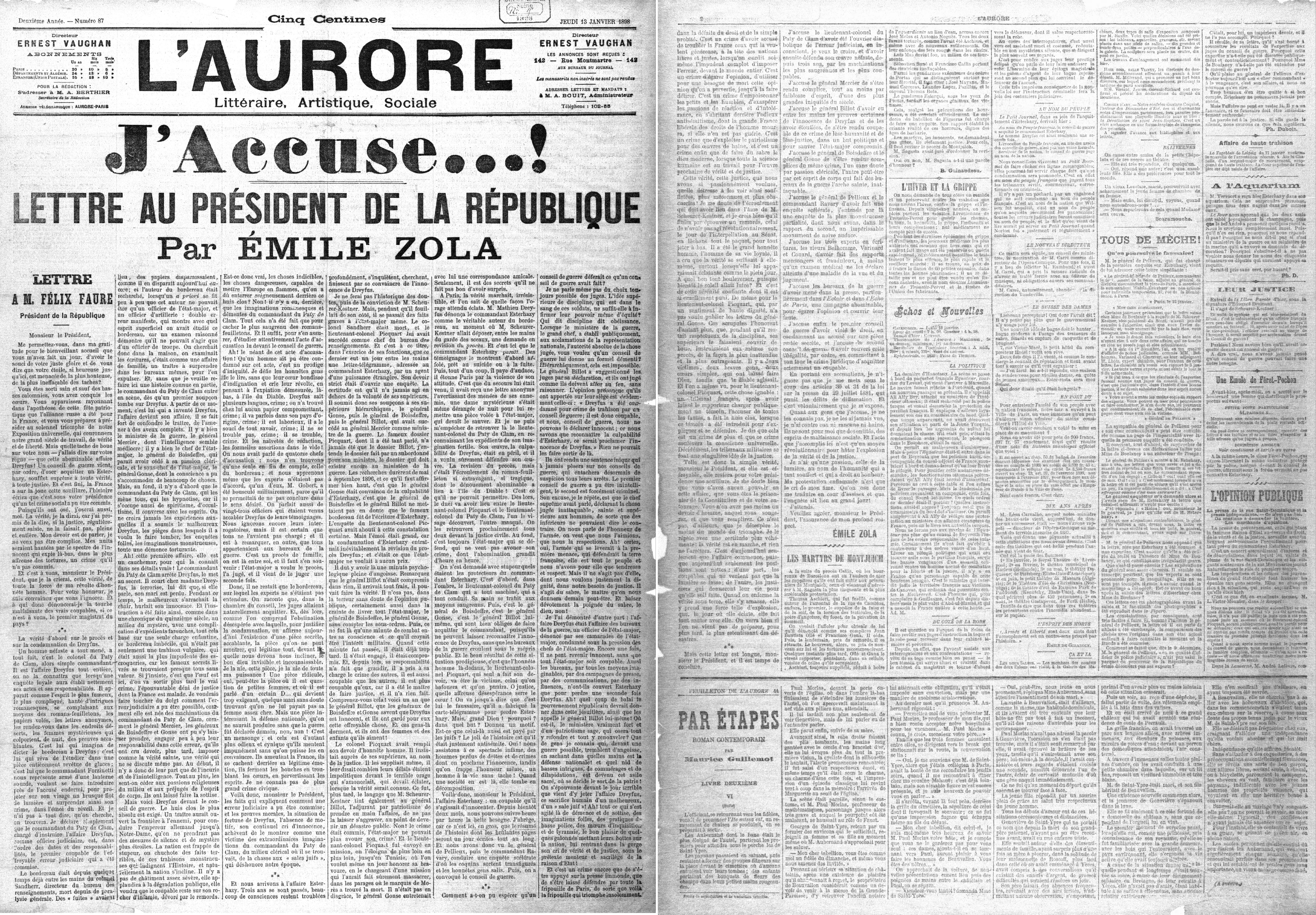|
Edgar Braun
Edgar Braun (born 9 June 1939) is a former Major general in the East German Ministry for State Security (MfS / ''"Stasi"''). He was in charge of the service's Central Department for transport, mail and tele-communications (''" / Section XIX"''). Life Edgar Braun was born in Molbitz, some 30 km (18 miles) south of Jena, in Thuringia. His early years were marked by the war which broke out a few months after his birth, and involved the repeated destructive bombing of Molbitz which was adjacent to a Mineral Oil facility. His father worked as a dispatcher. In May 1945 the war ended and after the invading armies had rearranged themselves the whole of Thuringia became part of the Soviet occupation zone of what had been Germany. While Braun was at school, the occupation zone was transformed into a new separate German state, the German Democratic Republic, formally founded in October 1949. Directly after successful completion of his schooling, in 1957 he enrolled at the local o ... [...More Info...] [...Related Items...] OR: [Wikipedia] [Google] [Baidu] |
Golm (Potsdam)
Golm is a locality (''Ortsteil'') of Potsdam, the capital of the German state of Brandenburg. The former municipality was incorporated in 2003. Its name is derived from Western Slavic ''chulm'', meaning "hill", and refers to one of the nearby elevations, either ''Reiherberg'' ( a.s.l.) near the centre of the original village or ''Ehrenpfortenberg'' ( a.s.l.) east of it. Geography Neighbouring localities are Grube and Bornim in the north, Eiche in the east (all of which are now parts of Potsdam), and Wildpark West, a part of Geltow in Schwielowsee municipality, in the south. To the west, Golm is bordered by '' Großer Zernsee'', a lake in the course of the river Havel. The settlement of Kuhfort, bordering the Wildpark area of Potsdam, is located southeast of Golm, and east of the grassland of ''Golmer Luch''. Buildings and structures Golm houses, among other things, since 1991 a complex of the University of Potsdam on the premises of former Luftwaffe and Reichsarbeitsdien ... [...More Info...] [...Related Items...] OR: [Wikipedia] [Google] [Baidu] |
New States Of Germany
The new states of Germany () are the five re-established states of the former German Democratic Republic (GDR) that unified with the Federal Republic of Germany (FRG) with its 10 states upon German reunification on 3 October 1990. The new states, which were dissolved by the GDR government in 1952 and re-established in 1990, are Brandenburg, Mecklenburg-Western Pomerania, Saxony, Saxony-Anhalt, and Thuringia. The state of Berlin, the result of a merger between East and West Berlin, is usually not considered one of the new states although many of its residents are former East Germans. There have been 16 states in Germany since reunification. Demographics After the fall of the Berlin Wall, the former East German states experienced high rates of depopulation until around 2008. About 2,000 schools closed between 1989 and 2008, because of a demographic shift to a lower number of children. In 2006, the fertility rate in the new states (1.30) approached those in the old states (1 ... [...More Info...] [...Related Items...] OR: [Wikipedia] [Google] [Baidu] |
Minister-President
A minister-president or minister president is the head of government in a number of European countries or subnational governments with a parliamentary or semi-presidential system of government where they preside over the council of ministers. It is an alternative term for prime minister, premier, chief minister, or first minister and very similar to the title of president of the council of ministers. Terminology In English-speaking countries, similar institutions may be called premiers or first ministers (typically at the subnational level) or prime ministers (typically at the national level). The plural is sometimes formed by adding an ''s'' to ''minister'' and sometimes by adding an ''s'' to ''president''. The term is used, for instance, as a translation (calque) of the German word ''Ministerpräsident''. Austria From 1867 to 1918, the first minister of the government was known as ''Ministerpräsident'' (minister-president), before that '' Staatskanzler'' (state chancello ... [...More Info...] [...Related Items...] OR: [Wikipedia] [Google] [Baidu] |
Open Letter
An open letter is a Letter (message), letter that is intended to be read by a wide audience, or a letter intended for an individual, but that is nonetheless widely distributed intentionally. Open letters usually take the form of a letter (message), letter addressed to an individual but provided to the public through newspapers and other media, such as a letter to the editor or blog. Especially common are critical open letters addressed to political leaders. Letters patent are another form of open letter in which a legal document is both mailed to a person by the government and publicized so that all are made aware of it. Open letters can also be addressed directly to a group rather than any individual. Two of the most famous and influential open letters are ''J'accuse...!'' by Émile Zola to the President of France, accusing the French government of wrongfully convicting Alfred Dreyfus for alleged espionage, and Martin Luther King Jr.'s ''Letter from Birmingham Jail'', inclu ... [...More Info...] [...Related Items...] OR: [Wikipedia] [Google] [Baidu] |
Real Estate Agent
A real estate agent or real estate broker is a person who represents sellers or buyers of real estate or real property. While a broker may work independently, an agent usually works under a licensed broker to represent clients. Brokers and agents are licensed by the state to negotiate sales agreements and manage the documentation required for closing real estate transactions. Buyers and sellers are generally advised to consult a licensed real estate professional for a written definition of an individual state's laws of agency. Many states require written disclosures to be signed by all parties outlining the duties and obligations. Generally, real estate brokers or agents fall into four categories of representation: *Seller's agents, commonly called "listing brokers" or "listing agents", are contracted by owners to assist with marketing property for sale or lease. *Buyer's agents are brokers or salespersons who assist buyers by helping them purchase property. *Dual agents help ... [...More Info...] [...Related Items...] OR: [Wikipedia] [Google] [Baidu] |
German Reunification
German reunification (german: link=no, Deutsche Wiedervereinigung) was the process of re-establishing Germany as a united and fully sovereign state, which took place between 2 May 1989 and 15 March 1991. The day of 3 October 1990 when the German Reunification Treaty entered into force dissolving the German Democratic Republic (GDR; german: link=no, Deutsche Demokratische Republik, DDR, or East Germany) and integrating its recently re-established constituent federated states into the Federal Republic of Germany (FRG; german: link=no, Bundesrepublik Deutschland, BRD, or West Germany) to form present-day Germany, has been chosen as the customary ''German Unity Day'' () and has thereafter been celebrated each year from 1991 as a national holiday. East and West Berlin were united into a single city and eventually became the capital of reunited Germany. The East Germany's government led by the Socialist Unity Party of Germany (SED) (a communist party) started to falter on 2 May 1 ... [...More Info...] [...Related Items...] OR: [Wikipedia] [Google] [Baidu] |
Informal Collaborators (East Germany)
An unofficial collaborator or IM (; both from German ''inoffizieller Mitarbeiter''), or euphemistically informal collaborator (''informeller Mitarbeiter''), was an informant in the German Democratic Republic (East Germany) who delivered private information to the Ministry for State Security (MfS / Stasi). At the end of the East German government, there was a network of around 189,000 informants, working at every level of society. Ilko-Sascha Kowalczuk: ''Stasi konkret. Überwachung und Repression in der DDR.'' Beck, München 2013, History Before 1968 the term "Secret Informer" (''"Geheimer Informator"'') was used. The network of secret informers, commonly known in German sources by the initials IM, was one of the most important instruments of repression and also one of the most critical pillars of power supporting the one party dictatorship that ran the country. The terms "Informal Collaborator" ''"Inoffizieller Mitarbeiter"'' and, before 1968, "Secret Informer" (''"Geheimer ... [...More Info...] [...Related Items...] OR: [Wikipedia] [Google] [Baidu] |
Die Wende
The Peaceful Revolution (german: Friedliche Revolution), as a part of the Revolutions of 1989, was the process of sociopolitical change that led to the opening of East Germany's borders with the West, the end of the ruling of the Socialist Unity Party of Germany (SED) (communist regime) in the German Democratic Republic (GDR or "East Germany") in 1989 and the transition to a parliamentary democracy, which later enabled the reunification of Germany in October 1990. This happened through non-violent initiatives and demonstrations. This period of change is referred to in German as ' (, "the turning point"). These events were closely linked to Soviet leader Mikhail Gorbachev's decision to abandon Soviet hegemony in Eastern Europe as well as the reformist movements that spread through Eastern Bloc countries. In addition to the Soviet Union's shift in foreign policy, the GDR's lack of competitiveness in the global market, as well as its sharply rising national debt, hastened the dest ... [...More Info...] [...Related Items...] OR: [Wikipedia] [Google] [Baidu] |
Parteihochschule Karl Marx
The Party Academy Karl Marx (''Parteihochschule Karl Marx'') was an academy (''Hochschule'') that was founded in 1946 in the Soviet occupation zone. During the German Democratic Republic (East Germany), it was subordinate to the Central Committee of the Socialist Unity Party. Teaching ceased on 30 June 1990. History During the reign of the Socialist Unity Party, the Academy was the highest institution of Marxist-Leninist education, prior to the ''Bezirksparteischulen'' (regional party schools) and ''Kreisparteischulen'' (district party schools). The main alternative was studying at the Party Academy of the CPSU in Moscow. Initially, the institution was subordinate to the Section for Agitation and Propaganda in the Central Committee of the Socialist Unity Party. From 1983 to 1990, the Secretary for Ideology and Culture was responsible. During its existence, the academy offered studies and classes to more than 25,000 students. Among them were more than 1,200 students from social ... [...More Info...] [...Related Items...] OR: [Wikipedia] [Google] [Baidu] |


